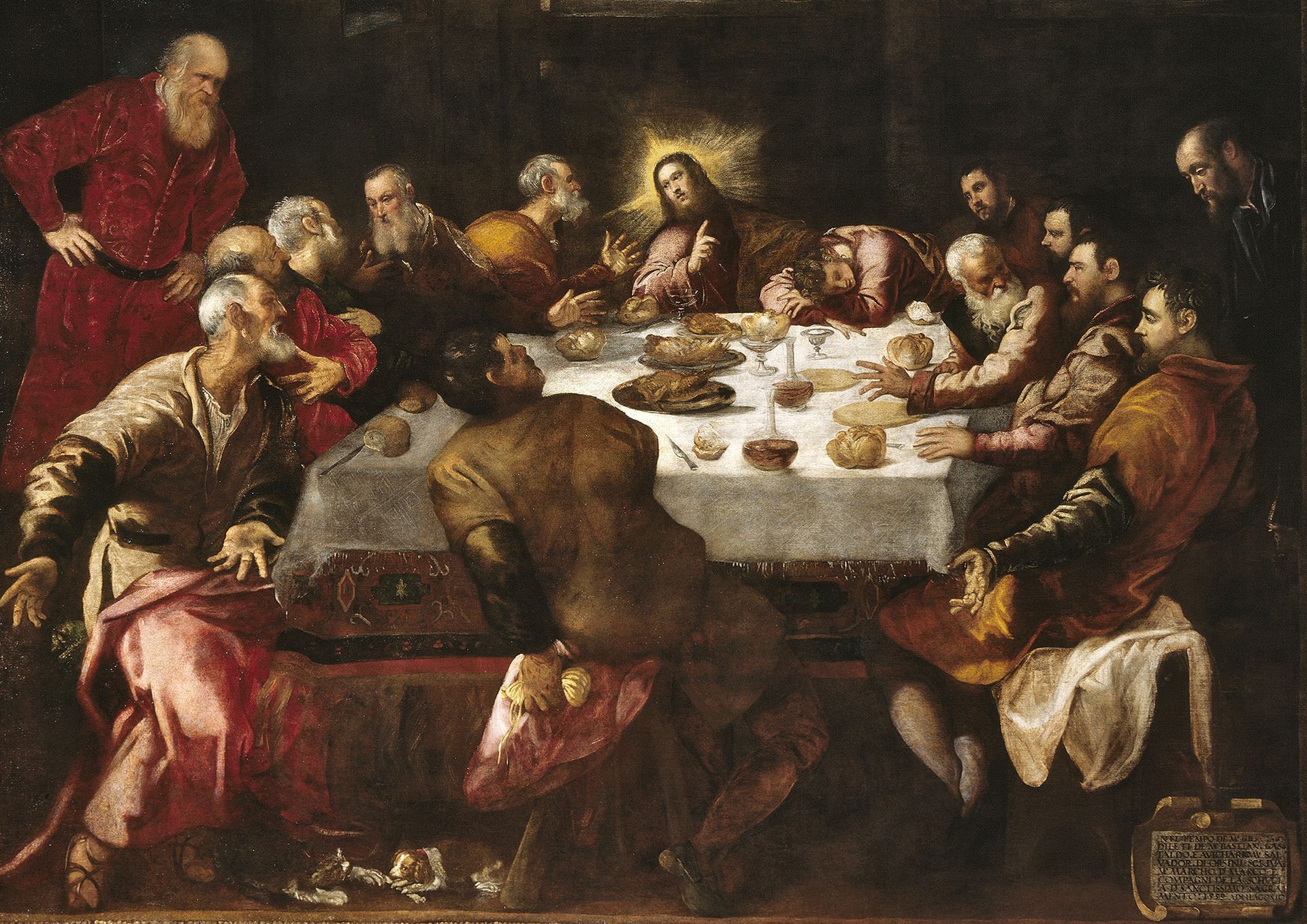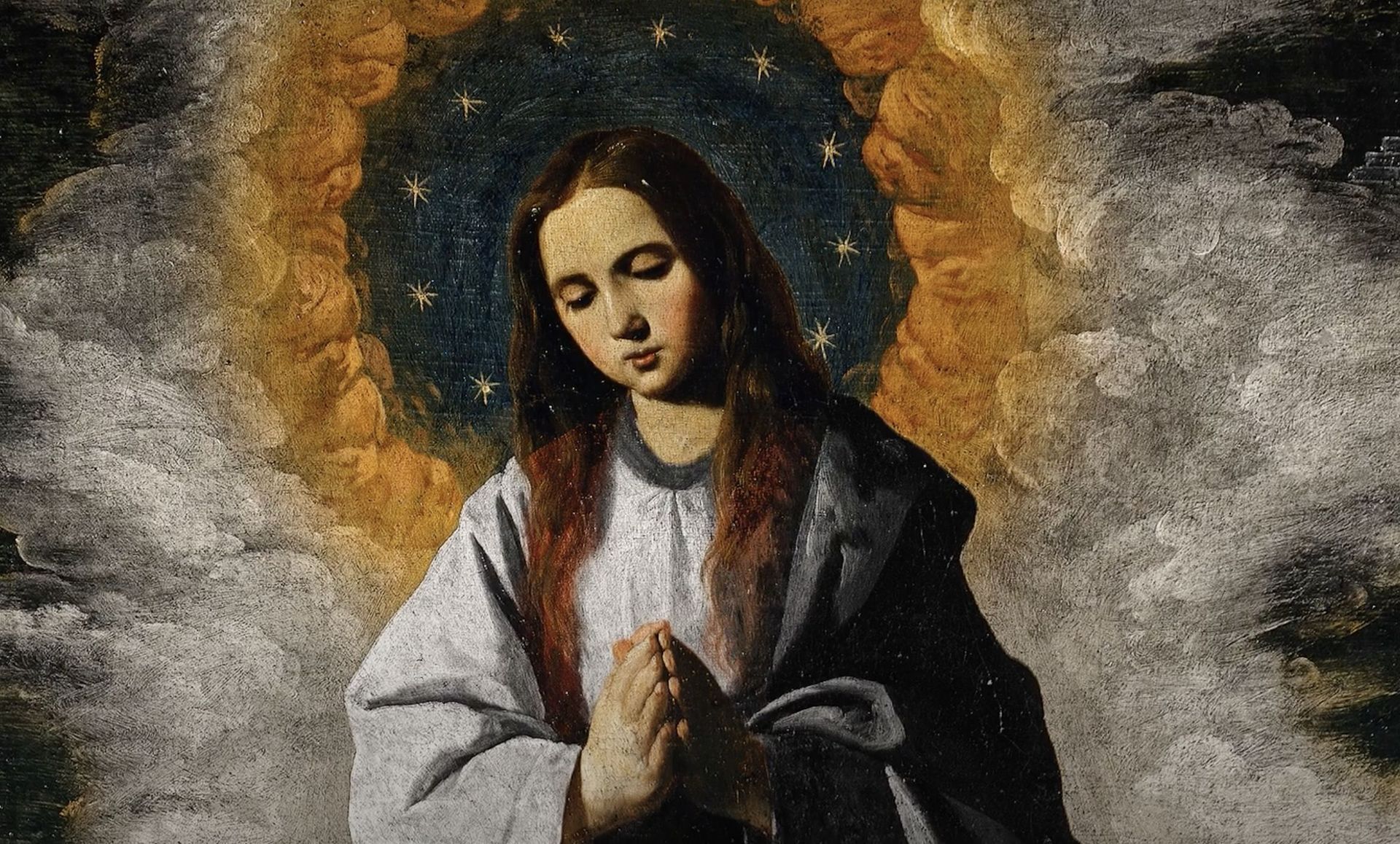15th Sunday in Ordinary Time 2024
Sending and Obedience
This week’s readings are about sending—a common theme throughout Scripture. Abraham was sent from his home to a new land, Moses was sent to Pharaoh to lead Israel from bondage, Jonah was sent to preach for the salvation of Nineveh. The list of Divine sendings is extensive, and they culminate in the sending of the apostles, first in today’s Gospel, then in the Great Commission. Go therefore and make disciples of all nations, baptizing them in the name of the Father and of the Son and of the Holy Spirit, teaching them to observe all that I have commanded you; and lo, I am with you always, to the close of the age. (Matt. 28:19-20) There are many different angles to look at this sending—for our sanctification, for our participation in the communion of the Holy Spirit and of the Saints which God calls us to, for the salvation of the world, for the renewal of fallen creation. What I would like to touch, just for a moment, is the nature of what it means to be sent. For someone to send you, they must have the power to do so—authority, either by will or coercion, to compel you to go.
There was famously a rebellion in Heaven, before the creation of the universe. The angels who were made were presented the will of God, and Satan and his third pronounced the dreadful non serviam which sent them from the Father. Our first ancestors acted out the non serviam of the heart when they chose what they perceived as desirable over the will of God. Yet, despite this rebellion, we still see in the ministry of our Lord that He has the power to compel the demons—He drives them out, commands them, and they obey. It is not willing obedience, but they are compelled, coerced by the ultimate authority of God Himself. St. James writes that even the demons believe, and they shudder. (Jas. 2:19) To the counter, Christ says if you love Me, you will keep My commandments. (John 14:15)
In our modern culture of “critical thinking,” which often simply means demeaning, it is the order of the day to grumble and only begrudgingly follow what we dislike—or even flaunt the rules outright. It is considered the American spirit of individualism to govern one’s own way and decide one’s own path; however, we are given a faith of discipleship, of which St. Benedict writes the labor of obedience will bring you back to him from whom you had drifted through the sloth of disobedience. (RB Prol:2) We find, studying the Scriptures and saints, that it is our will which most desperately needs rebirth. The will of the Devil brought him low, the will of our ancestors rent all creation, and it is the will which Christ’s ministry, death, and resurrection are oriented to repair.
Do I obey God because I love Him or because I feel coerced? Do I grumble because the Church has rules for the Sacraments that I must abide by? Do I try to skirt the edges, do the bare minimum, and get by without putting in the work of obedience? Do I even go so far as to bend the truth, cast blame, or lie when I fail in my obligations to the faith? Do I respond to the presence of Christ with the full gift of myself, offered as a living sacrifice? Or do I begrudgingly present the answer of the demoniac, What have you to do with us, O Son of God? Have you come here to torment us before the time?














